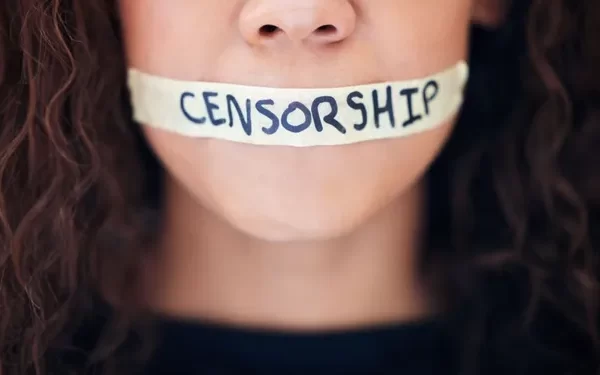Hate Speech is the Euphemism for Censorship - British Lessons for Portugal
September 6, 2024

Faced with the political incapacity to manage the frustration of the British people who elected him with the hope of definitive solutions to old problems, Keir Starmer, unable to restore social peace to the country, has been managing the unrest through stringent regulation of social media.
The new British government took office about a month ago with a considerable majority, despite receiving only 34% of the votes, a situation made possible by the country’s electoral system. Only 9% of the electorate was well-acquainted with the now Prime Minister’s positions. A leader who is poorly understood has become the only alternative to a government that had been in power for 14 years and was showing signs of wear and ineffectiveness in dealing with the serious problems the country has been facing.
Among these problems, the immigration issue stands out, causing significant tensions. Boats carrying illegal migrants cross the English Channel weekly, resulting in human tragedies, high costs for British taxpayers, and increased social discomfort amidst an economic and cultural crisis. During the election campaign, the immigration issue was addressed by nearly all parties, but structural solutions were avoided. There is a widespread fear of discussing these issues openly and frankly due to concerns about being labeled and becoming unpopular. When serious problems are not discussed, they grow until they become catastrophic.
All issues should be discussed openly, seriously, and respectfully. Politicians have an obligation to listen to the people’s concerns, as public service is the foundation of their existence. When citizens begin to express their dissatisfaction, whether properly or disorderly, and the government’s response is to suppress freedom of speech with censorship, imprisonment, and threats, something is deeply wrong. Instead of seeking order through fear, leaders should seek solutions that address the needs of the population that elected them.
In the UK, the land of great defenders of freedom, people of all ages are being criminalized for what they write on social media, under the accusation of “incitement to hatred.” The accusation of “hate speech” has been used so arbitrarily that any criticism or protest can be classified under this category, becoming whatever the government wants it to be.
This situation dangerously echoes the totalitarian paths Orwell warned us about in “1984.” Portugal should not ignore this warning. Freedom of expression is one of the fundamental pillars of a healthy democracy, and its limitation is always a symptom of authoritarianism. The historical memory of the Portuguese should endure when international examples seem insufficient to remind us that freedom of expression is not guaranteed and its limitation is always a negative symptom in a democracy: During the Estado Novo, under Decree-Law No. 12,008 of 1926, it was prohibited to sell or disseminate information that contained rumors or information capable of disturbing public sentiment or harming the State. It seems that Salazar only failed in semantics; had he eventually summarized all this under the virtuous name of “hate speech,” he would have gone down in history as an acceptable form of censorship.
Today, the European Union, under its DSA, has made significant steps in limiting freedom of expression, so subtly and little known to the general public that we only become aware of its existence when we are asked to reconsider what we post on META’s social media platforms or when TIK TOK removes a video for alleged false information. The warning for Portugal comes from observing that, as a member of the EU, subject to the DSA, which already represents a strong regulatory force, calls for social media regulation have still become frequent.
The words of former President of the Assembly of the Republic, Santos Silva, that “social media are weakening institutions” should sound as a warning. If freedom of expression has limits, then it is not true freedom. No government has the right to interfere with individual thought, but it can certainly silence it through its own legislation, as the British government is doing. When the people are silent, they lose the ability to unite and protest, becoming submissive to governmental actions, no matter how draconian they may be.
Regulating social media is unacceptable in democratic societies. These platforms are private properties with their own rules, and any victim of cybercrime has legal means to seek justice. What cannot be accepted is penalization for opinions.
Portugal must not repeat the mistakes of the UK. It is essential to know our politicians and their positions well, and for our leaders and society to firmly defend freedom of expression. We must reject any attempt at disguised censorship, no matter how well-intentioned it may seem. It is time to demand transparency, promote open debates, especially the most difficult ones, and ensure that all voices are heard without fear of retaliation.
History has shown us that censorship, regardless of the name we give it, never brings stability; it only silences dissent and postpones problems that will eventually resurface in an aggravated form.

